It’s been one hell of a year for moreish games. Between Balatro, Helldivers 2, Slice & Dice, Hades 2, and Marvel Rivals, 2024 has given us a new golden era of games that ask “How’s about one more round before bed?” to which I invariably respond “You don’t have to twist my arm, pal!” A lot of incredible games have come out this year – some that are already being considered Game of the Decade contenders – and I’ve hardly had time for any of them because I’m too busy playing cosmic poker for the umpteenth time.
As much as I’d like to dive into Dragon Age: The Veilguard this week, I’m unfortunately trapped in the silky-smooth web of yet another game that’s made for 20-minute sessions, but you can’t help but play for hours. The Bazaar, a free-to-play hero-builder from esports org Tempo Storm, launched its closed beta last week, and it stole my entire weekend. For many reasons, it’s one of this year’s most unique and fascinating games – not the least of which is that it’s secretly a phenomenal co-op experience.
The Bazaar Is My Favorite Single Player Co-Op Game
To be clear, The Bazaar is not literally a co-op game. The best way I can describe it is a card-based auto-battler – an evolution of Teamfight Tactics and a close cousin to Hearthstone Battlegrounds. It’s about buying and selling items to create a loadout for your character with powerful synergies, then taking that build into an asynchronous battle against other players, crossing your fingers, and praying that your character can kill theirs faster than theirs kill yours. It’s a deeply strategic game that rewards careful planning and creative thinking. It’s a demanding game that can be brutally punishing since every decision you make has a permanent and long-term consequence on your run.
I love The Bazaar, but I’m not very good at it. With hundreds of items to learn, synergies to memorize, and the sheer amount of information you have to process during each battle, it’s a game with an incredibly steep learning curve that can feel pretty unfair at times. While there’s still fun to be had in failure, I’ve had a lot more fun playing The Bazaar when I can share that failure with friends.
I often stream games for my friends over Discord. Sometimes I like to show off the niche indie games I get to play for work so they know how cool and in-the-know I am, and sometimes I’m just giving them a preview of something I want them to buy and play with me. The Bazaar is a unique case where we can actually play the game together over a stream. I might be clicking the buttons, but we’re making all the choices together, collaboratively building a character like a couple of engineers in a lab, then sending them off to battle like proud parents.
I’ve Tried This Kind Of Coaching Many Times
We’ve played other games like this in the past, but it’s never worked out nearly this well. Hearthstone and its Battlegrounds spin-offs are a lot of fun to play with a coach offering advice from the sidelines, but because of turn timers, you never have very long to sit and strategize. The Bazaar doesn’t have that problem. Because all of the combat rounds are asynchronous, you can sit and plan out your choices as long as you like. This difference creates an environment where my friends and I can really examine our options, break down the math, and try to build the perfect character together.
It’s so much more fun to play this way. Two heads are better than one, as they say, and having someone else to bounce ideas off of and brainstorm strategies has helped me learn the game and improve faster. More importantly, I get to have someone there to revel in misery with me after a bad beat. When I’m completely outmatched by an opponent with a totally broken build I get to whine about how unfair it is, and my homie is right there with me, feeling the same pain.
Playing co-op makes the wins more exciting and the losses more tolerable. I’ve loved grinding The Bazaar on my own, but it became one of my favorite games of the year when I started treating each run like a group project.
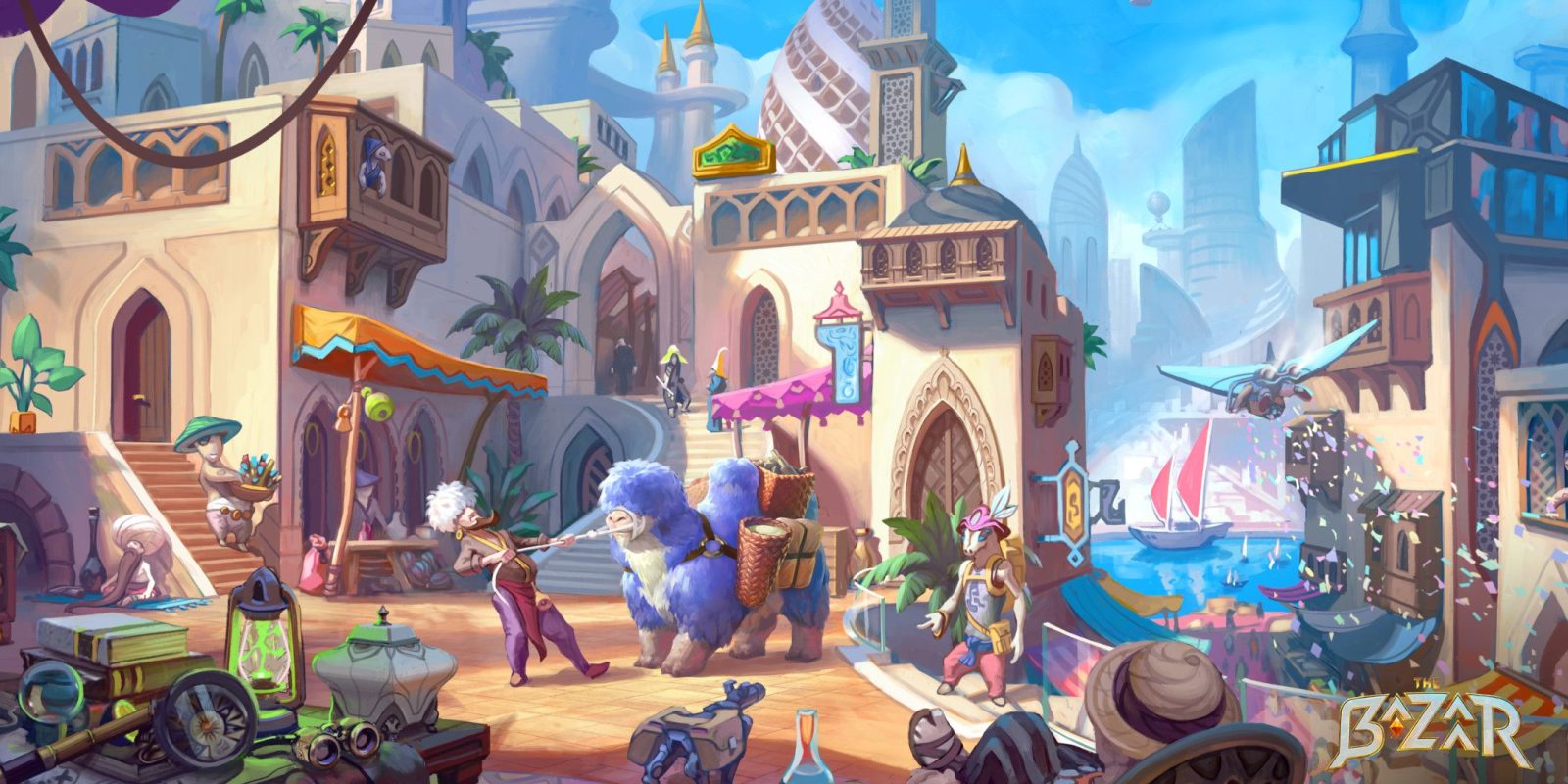

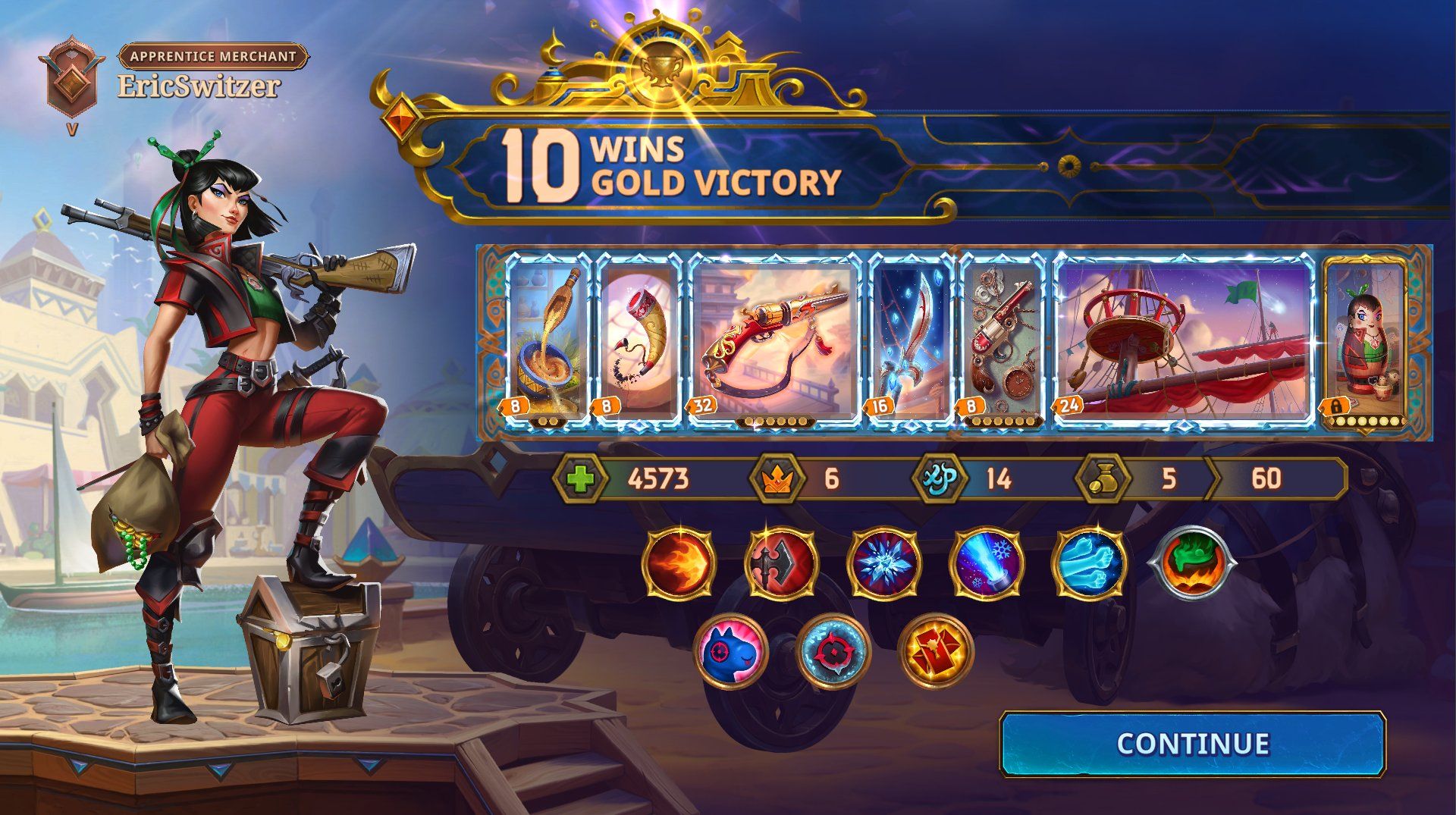






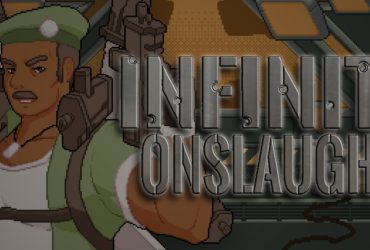
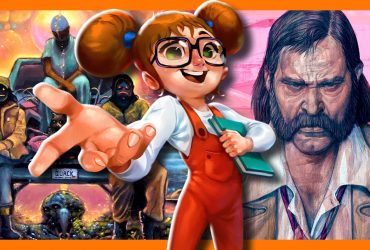
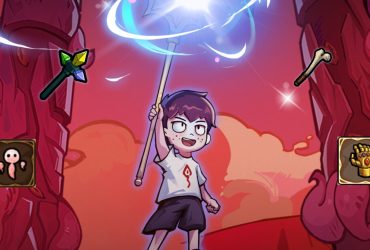
Leave a Reply